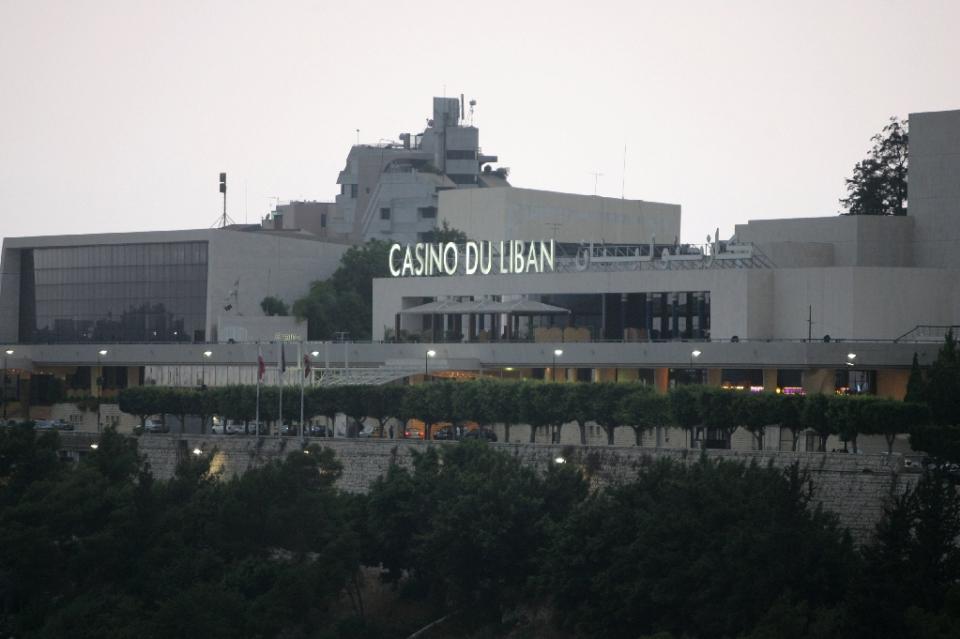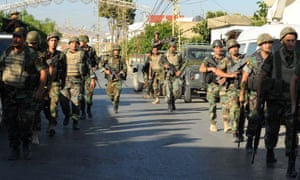
by Vivian Haddad
Beirut-Under the sponsorship of the United Nations in Beirut, singer
Tania Kassis has launched a new song called “Al-Ard lel Jamii” (Land for
All). The event was hosted by ABC Ashrafieh Mall and was attended by a
number of ambassadors, politicians, and media figures.
A chorus of 100 vocalists from four musical bands participated in
this song, which speaks about the land of peace, that all people dream
about and that it can be reached through unity and love.
Speaking during the event, Kassis pointed that the song is a peace
appeal from Lebanon to the world in the midst of disappointment and
frustration that control today’s generation.
She said that she wanted this appeal to be universal and to address
the frustrated youth that is concerned about its future as a result of
the terrorist attacks worldwide. “Land for All”, which will be sang by
Kassis on July 9 at the United Nations headquarters in Geneva, is
composed by Fadi al-Rai and distributed by Michel Fadel. The song is
taken from the international music “Vorto Carmina Burana” mixed with an
eastern rhythm. The song has been played by Kiev Orchestra led by
Maestro Vladimir Cerinco.











